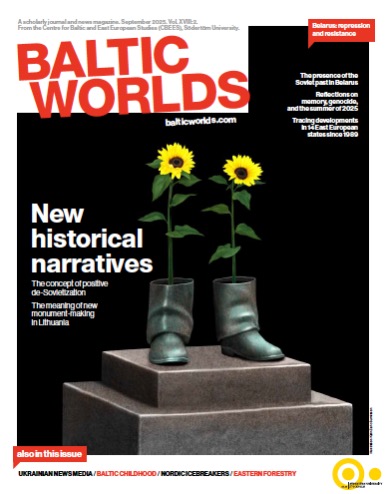Children left behind A growing problem in EU
Many who migrate are forced to leave their children in their home country. Children being left behind in this way has become a problem in the EU, as Påhl Ruin relates in a report from Lithuania. The children don’t thrive, and there is a risk that they will become social outsiders.

 Issue 2025, 2:
Issue 2025, 2: